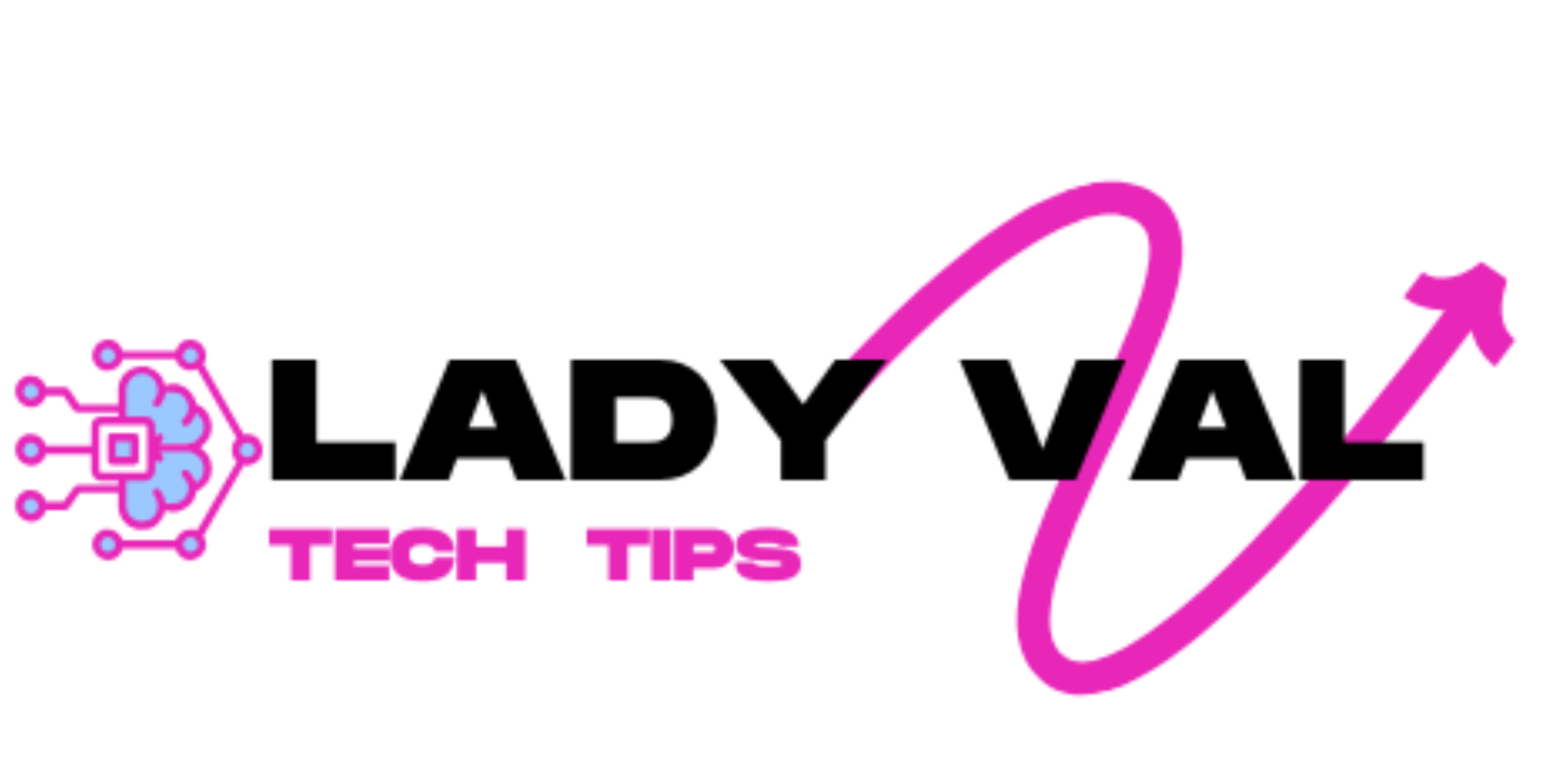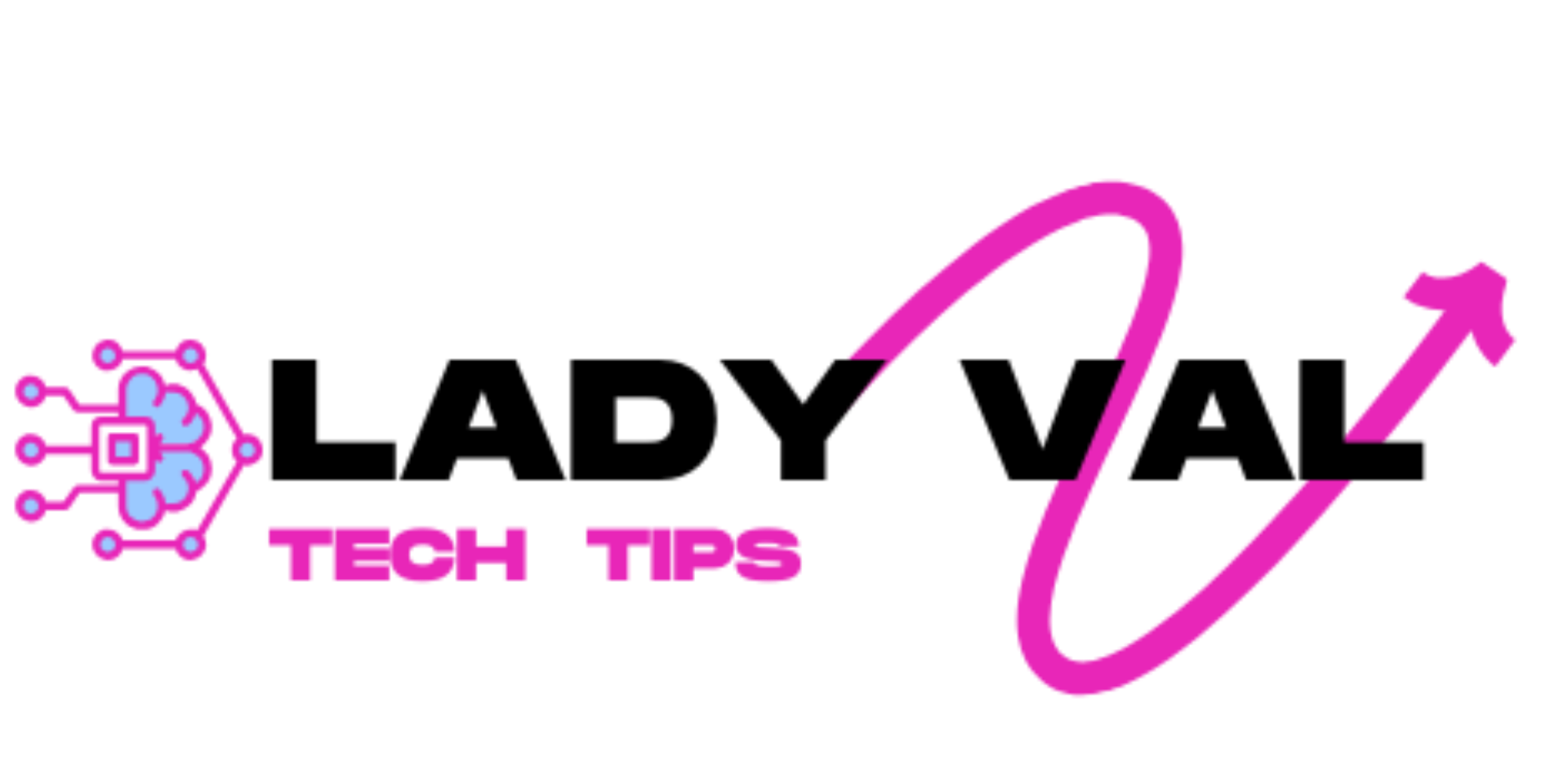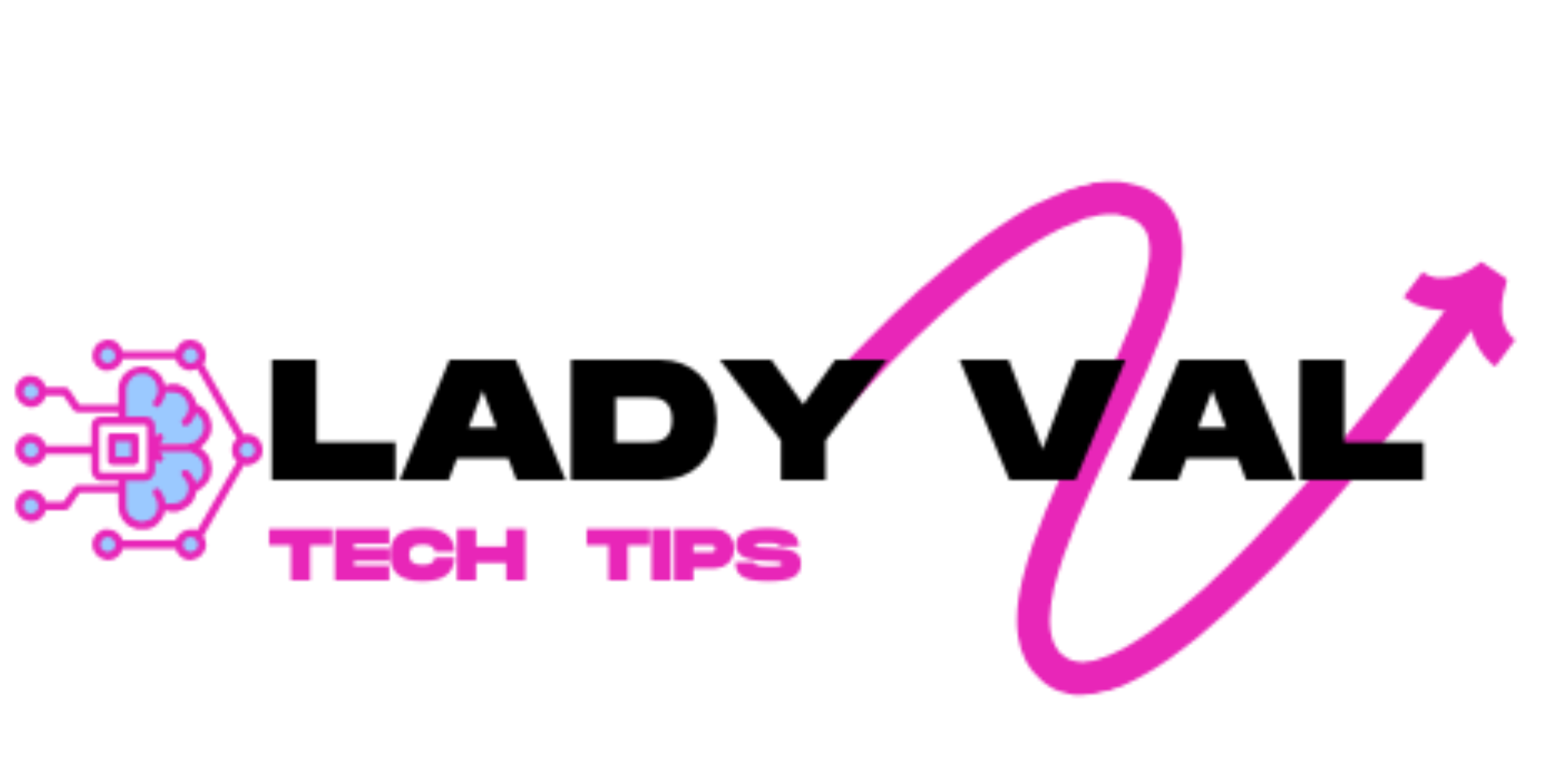How AI-powered educational technology is democratizing learning across the continent.
Africa's EdTech Revolution
Education in Africa is undergoing a profound transformation, driven by the convergence of technological innovation, increasing internet penetration, and a growing recognition of the need to prepare young Africans for the digital economy. At the heart of this transformation is Educational Technology (EdTech), which is revolutionizing how education is delivered, accessed, and experienced across the continent.
The COVID-19 pandemic accelerated this transformation, forcing educational institutions to embrace digital solutions almost overnight. What began as an emergency response has evolved into a structural shift, with EdTech becoming an integral part of Africa's educational landscape.
AI: The Game-Changer in African Education
Artificial Intelligence (AI) is emerging as a game-changer in African education, offering solutions to some of the continent's most persistent educational challenges. From personalized learning experiences to automated administrative tasks, AI is enhancing educational outcomes while making education more accessible and affordable.
One of the most promising applications of AI in African education is personalized learning. AI-powered platforms can adapt to each student's learning pace, style, and preferences, providing customized content and feedback. This is particularly valuable in African classrooms, which often have high student-to-teacher ratios that make individualized instruction challenging.
For example, platforms like M-Shule in Kenya use AI to deliver personalized SMS-based learning to primary school students, adapting content based on their performance and learning patterns. Similarly, Siyavula in South Africa uses AI to provide personalized mathematics and science practice, helping students master concepts at their own pace.

Students engaging with AI-powered personalized learning platforms
Bridging the Urban-Rural Divide
One of the most significant challenges in African education is the disparity between urban and rural areas. Rural schools often lack qualified teachers, up-to-date learning materials, and basic infrastructure. AI-powered EdTech is helping bridge this divide by bringing quality educational resources to remote areas.
Mobile learning platforms that can function offline or with limited connectivity are making education accessible even in areas with poor internet infrastructure. For instance, Kolibri, an offline learning platform, allows students to access a wealth of educational content without requiring constant internet connectivity.
AI-powered virtual tutors are also helping address teacher shortages in rural areas. These virtual tutors can provide instruction, answer questions, and assess student progress, supplementing the work of human teachers and ensuring that students in remote areas receive quality education.
Language and Cultural Localization
Africa's linguistic diversity – with over 2,000 languages spoken across the continent – presents a unique challenge for education. Many students are taught in languages they don't speak at home, creating barriers to comprehension and learning.
AI is helping overcome these barriers through automated translation and localization of educational content. Natural Language Processing (NLP) technologies can translate learning materials into local languages, making education more accessible and effective for students across the continent.
Beyond translation, AI is also enabling the creation of culturally relevant educational content. By analyzing local contexts and cultural nuances, AI can help develop learning materials that resonate with African students, making education more engaging and meaningful.
Empowering Teachers with AI Tools
While much of the discussion around EdTech focuses on student-facing applications, AI is also transforming the role of teachers in African classrooms. Rather than replacing teachers, AI is empowering them with tools that enhance their effectiveness and efficiency.
AI-powered grading systems can automate the assessment of objective questions, freeing teachers to focus on more subjective evaluations and personalized feedback. These systems can also analyze student performance data to identify patterns and trends, helping teachers understand where students are struggling and adjust their instruction accordingly.
Professional development platforms enhanced with AI can provide teachers with personalized training and resources, helping them improve their pedagogical skills and subject knowledge. This is particularly valuable in contexts where formal teacher training opportunities are limited.

Teachers using AI-powered tools to enhance their teaching effectiveness
Challenges and Ethical Considerations
Despite its transformative potential, the integration of AI in African education faces several challenges. Infrastructure limitations, including unreliable electricity and limited internet connectivity, can hinder the deployment and effectiveness of AI-powered EdTech solutions.
Data privacy and security are also significant concerns. As AI systems collect and analyze student data to personalize learning experiences, ensuring this data is protected and used ethically becomes crucial. This is particularly important in contexts where data protection regulations may be less developed or enforced.
There's also the risk of exacerbating existing inequalities if AI-powered education is only accessible to privileged students. Ensuring equitable access to these technologies is essential to prevent a new digital divide from emerging within African education systems.
The Path Forward: Public-Private Partnerships
Addressing these challenges and realizing the full potential of AI in African education will require collaboration between governments, educational institutions, technology providers, and civil society organizations. Public-private partnerships can play a crucial role in developing and scaling AI-powered EdTech solutions that are accessible, affordable, and adapted to African contexts.
Governments can create enabling policy environments, invest in digital infrastructure, and integrate EdTech into national education strategies. Educational institutions can provide insights into pedagogical needs and contexts, while technology providers can develop solutions that address these needs while respecting local constraints and considerations.
Civil society organizations can help ensure that these solutions reach marginalized communities and that the voices of all stakeholders – including students, teachers, and parents – are heard in the development and implementation process.
Preparing African Youth for the AI Future
As AI transforms industries and creates new economic opportunities, preparing African youth to participate in and shape this future becomes increasingly important. This goes beyond using AI for education to educating about AI – helping students understand AI concepts, develop AI literacy, and even create AI solutions.
Initiatives like AI Saturdays in Nigeria and the Deep Learning Indaba across Africa are building AI capacity among African youth, while coding bootcamps and tech hubs are providing practical training in AI development. These efforts are crucial for ensuring that Africa is not just a consumer of AI technologies but also a creator.
By combining AI-powered education with education about AI, Africa can prepare its youth not just to adapt to the changing technological landscape but to lead and innovate within it, creating AI solutions that address uniquely African challenges and opportunities.
Conclusion: AI as a Catalyst for Educational Transformation
AI has the potential to be a powerful catalyst for educational transformation in Africa, helping overcome longstanding challenges and creating new possibilities for teaching and learning. From personalized learning experiences to bridging the urban-rural divide, AI-powered EdTech is making quality education more accessible, effective, and relevant for African students.
However, realizing this potential will require thoughtful implementation that addresses infrastructure limitations, ensures data privacy and security, and promotes equitable access. It will also require a focus not just on technology but on the human elements of education – empowering teachers, engaging communities, and preparing students for a future where AI is an integral part of work and life.
With the right approach, AI can help democratize education in Africa, breaking down barriers of geography, language, and resources. It can transform education from a one-size-fits-all model to a personalized journey that recognizes and nurtures each student's unique potential. In doing so, AI-powered EdTech can contribute not just to better educational outcomes but to Africa's broader social and economic development, empowering a new generation of innovators, entrepreneurs, and leaders who will shape the continent's future.
